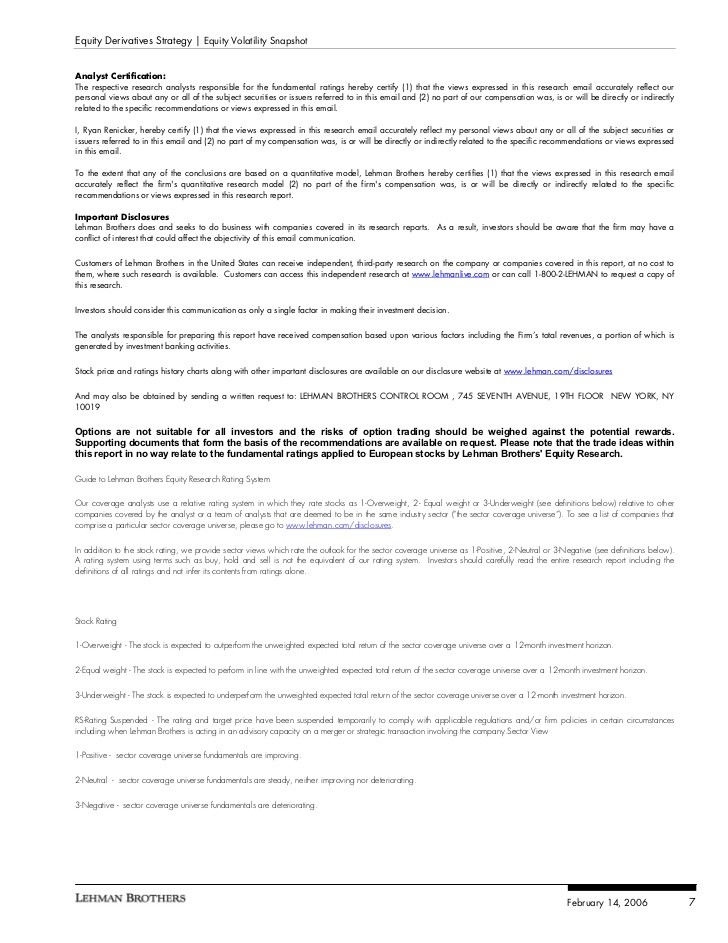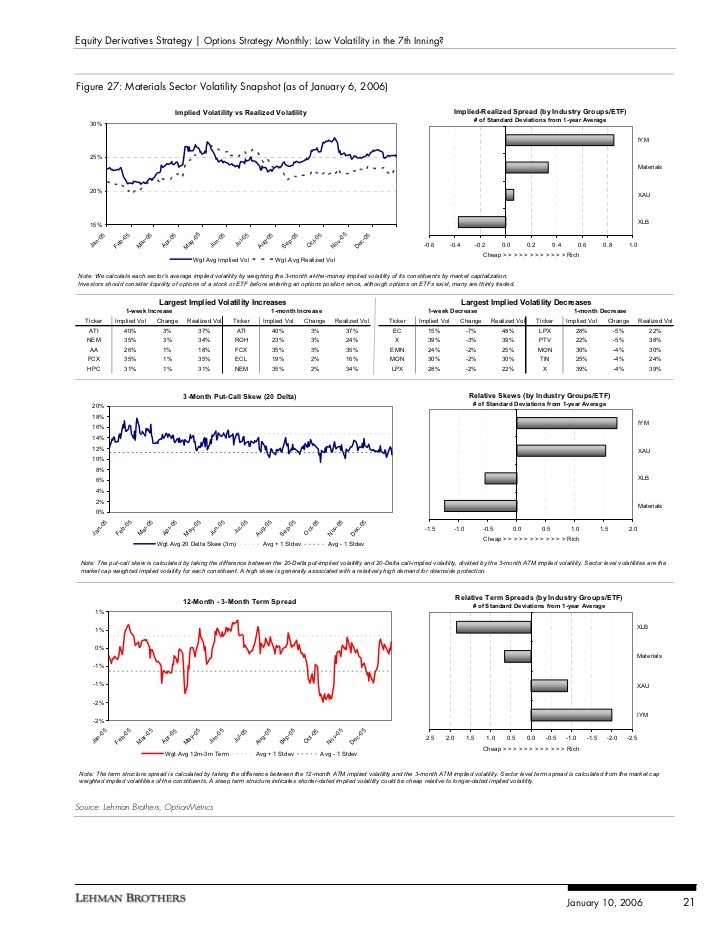Sector snapshot Equity derivatives
Post on: 16 Март, 2015 No Comment

5 Comments
Recent Comment
Posted by MayorofLagos
Whats happening, whos hiring, and how much are they paying in the world of equity derivatives?
Whats the temperature?
Hot, according to headhunters. Every bank on the Street is hiring across the board, says one. Most banks are still trying to add equity derivatives sales people, says Patrick Burford at search firm Napier Scott, Usually theres a hiring freeze in June or late July; this year theyre continuing straight through.
Whos hiring?
For sales positions, look no further than Morgan Stanley and Goldman Sachs, both said by headhunters to be adding to their new retail-focused equity derivatives businesses; Deutsche Bank, said to be adding selectively in retail; and Dresdner Kleinwort, on a hedge fund sales drive.
For structuring, try Goldman Sachs, Morgan Stanley, Bear Stearns, Merrill Lynch and smaller houses such as Rabobank.
If youre a senior trader, Credit Suisse may be an option. Theyre likely to be looking for a replacement for Jerome Drean, former head of equity derivatives trading who resigned in June, five weeks after joining from Bank of America. Credit Suisse added seven to its London equity derivatives team in May as part of what Financial News described as an ongoing push.
More generally, Bloomberg reported last week that Banco Bilbao Vizcaya Argentaria plans to add 240 derivatives bankers this year including 25 who will start an equity derivatives business in Hong Kong. Among others, BNP Paribas also recently declared its intention to add 200 equity derivatives professionals before 2007 is up; Bank of America has set up a new team to sell equity derivatives to asset managers and hedge funds; HSBC recently hired a global head of equity derivatives distribution from ABN AMRO (junior hires to follow?); and at the end of last year, Collins Stewart announced plans to move into equity derivatives in 2007.
Who are they hiring?
Salespeople with inroads to clients in the Middle East are popular, according to Burford; so are Scandinavian and Dutch sales specialists. Demand for Middle Eastern contacts with private banks and institutional clients is such that he says banks will hire people who have them even if they dont have an equity derivatives background.
Another headhunter highlights demand for retail experience, making candidates from ABN AMROs Private Investor Products (PIP) team hot targets for poaching.

Jeremy Kemp, an equity derivatives specialist headhunter, cautions that the heat is at mid-ranking rather than senior levels: Its more VPs and directors this year MDs are demanding big guarantees and banks are wary of bidding too much in the current market.
Why are they hiring?
Aaron Brask, head of equity derivatives research at Barclays Capital, says equity derivatives usage has been boosted by bullish markets over the past several years in conjunction with much innovation in the structured products space. Theres also an increasing comfort level with derivative-based products. In Europe, for example, UCITS III has broadened the user base for products involving derivatives.
How much are they paying?
Burford says the base salary for an associate director with around five years experience selling to UK clients (and working in a top-tier house) is likely to be 75k; the bonus at that level is likely to be around 195k.
Exotic equity derivatives traders with comparable experience are said by another recruiter to be on total packages of 500k to 600k. She puts the uptick in pay for traders even higher: Any bank is bidding 30% to 40% more for candidates than theyre currently earning, she says. Theyre prepared to pay good money for the right people.
Kemp says a junior structurer with between 12 and 18 months experience can expect a base of 60k plus a bonus of 60 to 70kfter five years, pay rises to 400k plus. A good quality guy might get a lot of participation in traders P&L, says Kemp. Senior structurers will be paid more than the average when they contribute heavily to closing a trade with a client in support of sales (rather than sharing traders P&L), he adds.














